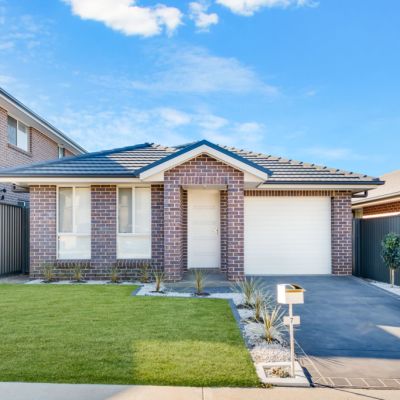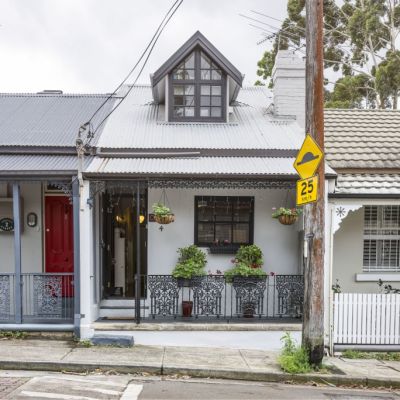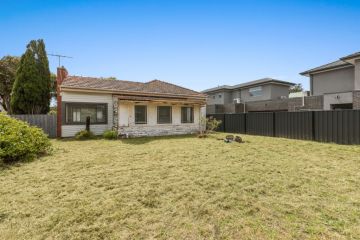House vs. apartment: Four key things you should consider before purchasing your first home
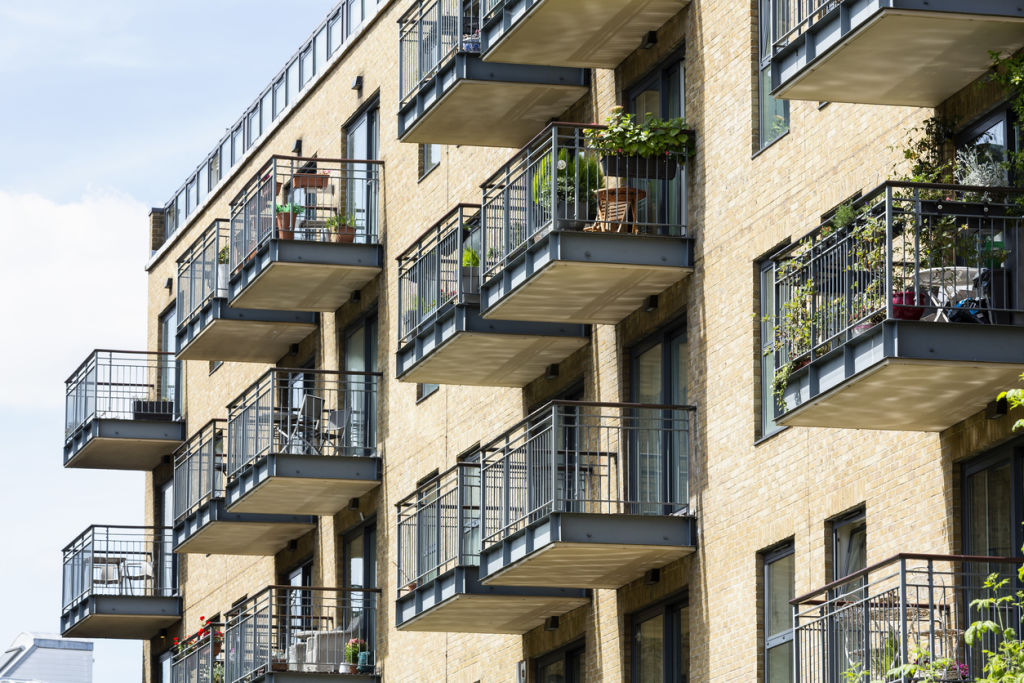
House or apartment? That’s the choice faced by many first-time buyers. But the decision between these two types of properties is often actually about location and budget.
In most areas, apartments are much cheaper than houses, but prices vary across cities. Your budget might afford a spacious three-bedroom house in some suburbs, but in others it might only buy you a tiny one-bedroom apartment.
Price and location
Working out your budget by speaking to a lender or broker is the first step in the process, according to First Home Buyer Buddy co-founder Lisa Baxter.
“That’s then going to determine what kind of property you can buy,” she said.
Baxter recommends creating a list of needs, wants and non-negotiables in your ideal home, minimising time wasted inspecting unsuitable properties. These two steps will reveal which areas have houses within your price range, and suburbs available if you target apartments.
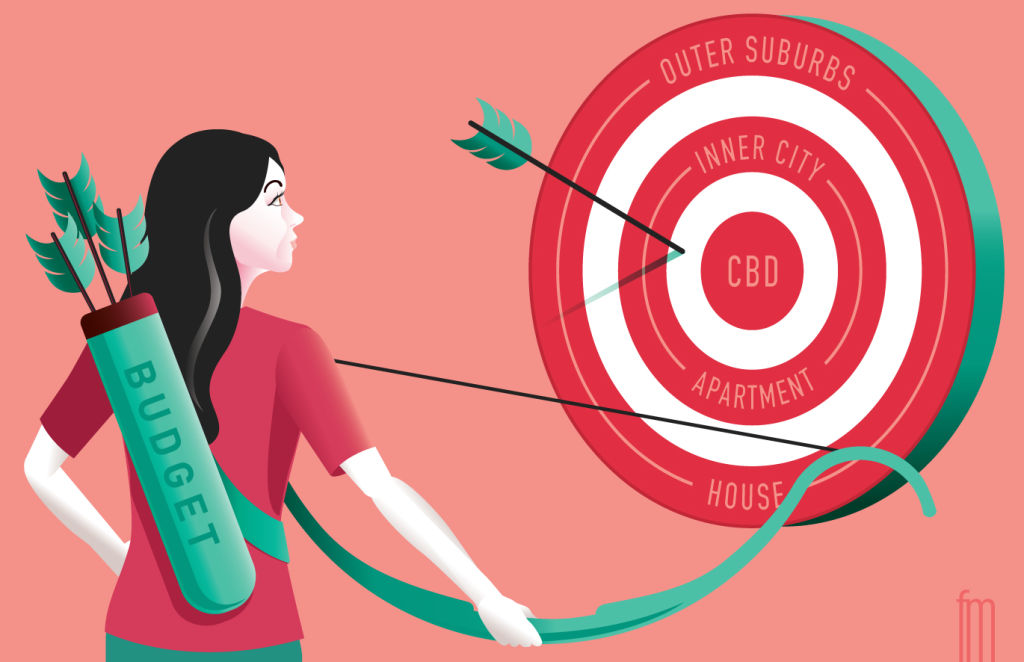
Properties closer to the city centre cost more because proximity to high-income employment is a key factor that affects values.
Apartments are often concentrated in inner-ring suburbs, near train lines or close to shopping hubs, while outer suburbs are more likely to have houses within first-home buyer budgets.
Access to lifestyle attractions and employment are major factors for first-home buyers, according to buyer’s agent Lauren Goudy from Rose and Jones.
“If you can afford an apartment in a better location than a house, it’s definitely worth considering,” she said. Buyers who don’t need a large house and yard, Goudy says, will be better off buying a well-located apartment due to strong price growth in sought-after areas.
Banks sometimes have stricter lending policies for apartments in high-density areas, according to First Home Buyers Australia director Taj Singh. “Some of the lenders will actually blacklist certain suburbs where they’ve either lent too much or they feel the suburbs are going to see an oversupply in apartments.”
Typically, this means larger deposits of up to 30 per cent are required, but restrictions don’t usually affect houses.
Practicalities and planning
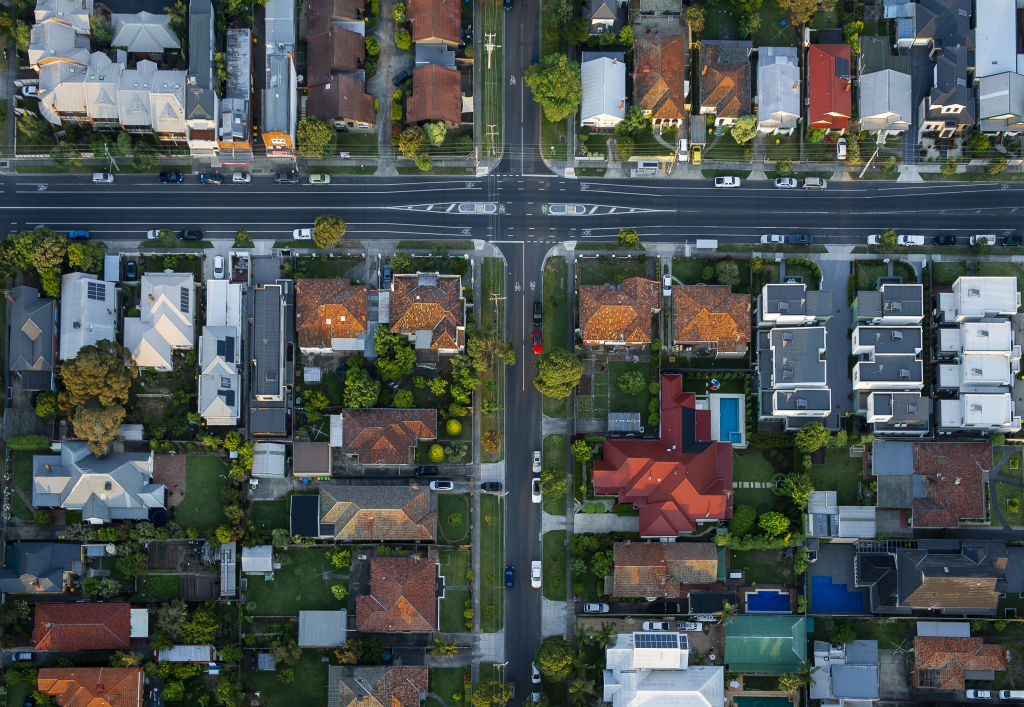
Owners of houses are responsible for maintaining the building, gardens and lawns on the block. Apartments suit time-poor buyers because owners corporations maintain common property.
Houses usually have higher council rates and insurance, and cost more to heat and cool. Apartments have strata fees that cover management of the complex, including shared facilities such as pools or gyms.
Proximity to neighbours means privacy and noise can be issues for apartment dwellers, while houses are more adaptable for young families, who quickly grow out of apartments, according to Baxter.
“Generally people will stay in houses a little longer than they will in an apartment or townhouse.”
Land and development
The key benefit of owning a house is actually the land underneath it, because land appreciates in value as the population increases.
Buildings, on the other hand, depreciate through wear and tear, and need to be constantly maintained or replaced.
Houses have greater potential because renovations, extensions or a rebuild can enhance the property value of the property. Apartment owners share in the land their complex occupies, and it’s not possible to extend or rebuild but you can renovate cosmetically.
In-between options
To balance of size and affordability, consider a townhouse, duplex or villa. Normally attached on one or more sides and sometimes strata titled, these options are cheaper than free-standing houses.
Singh said lenders view townhouses more favourably than units.
“Some townhouses actually give you your own block of land and while they are subject to strata fees, they’re nowhere near as high as units.”
We recommend
States
Capital Cities
Capital Cities - Rentals
Popular Areas
Allhomes
More
- © 2025, CoStar Group Inc.
